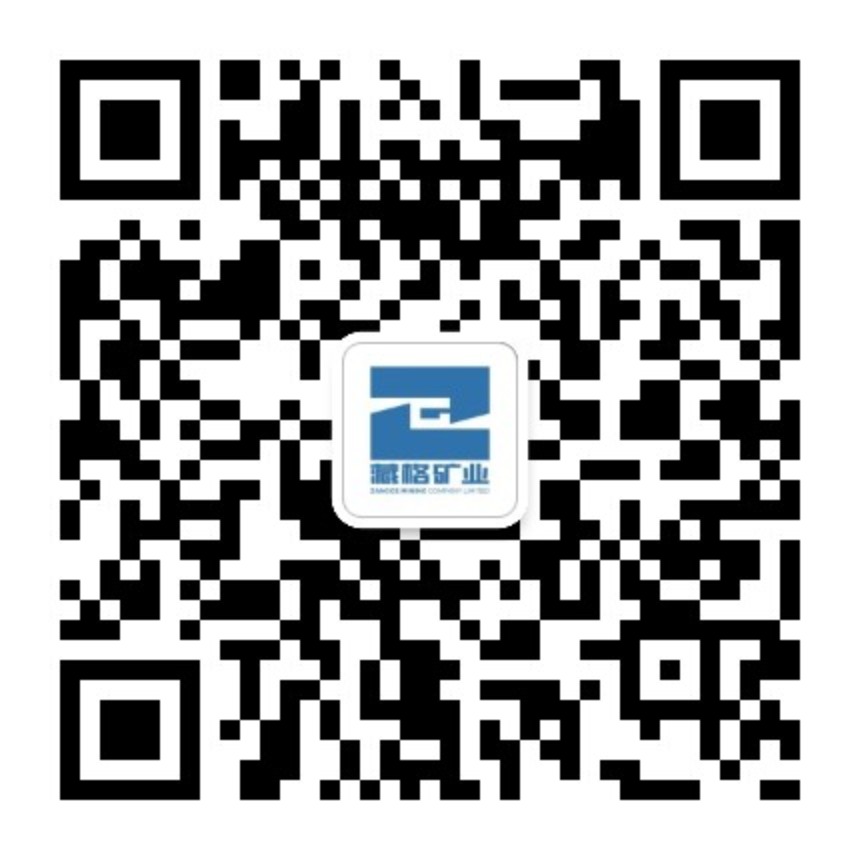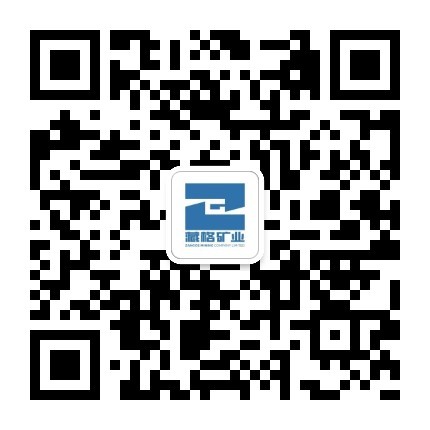2024-04-23
Audit Department Deepens Anti-Fraud Work
Fraud refers to any illegal behavior characterized by deception, concealment, or breach of trust. Unlike ordinary mistakes, fraud is deliberate and intentional, often driven by self-interest, resulting in harm to others, and ultimately damaging both individual and collective interests.
From a behavioral perspective, fraud is generally divided into three categories: embezzlement, asset misappropriation, and information disclosure fraud.
Embezzlement includes commercial bribery, illegal remuneration, extortion, etc.
Asset misappropriation refers to the unlawful taking of others’ or the organization’s assets, such as false expense reimbursements or misuse of company vehicles.
Information disclosure fraud involves concealing or distorting facts and providing false information. With increasingly stringent laws and regulations, this type of fraud has become a major focus; common examples include financial statement falsification.
Understanding what fraud is also requires knowing its harm and why companies must emphasize anti-fraud efforts. According to the “Occupational Fraud and Abuse Report” submitted by the Association of Certified Fraud Examiners (ACFE) to the United Nations, fraud causes losses of approximately 5% of a company’s revenue. By comparison, the average net profit margin of A-share listed companies was about 8.2% by Q3 2023. A 5% loss implies that fraud accounts for roughly 60% of net profits. For many small and medium-sized private manufacturing enterprises, with annual profit margins around 4–5%, fraud can be critical to a company’s survival.
In addition to direct financial losses, indirect damages such as reduced corporate credit, reputational harm, and regulatory penalties also significantly affect enterprises.
The most famous case is the Enron scandal in 2001. Due to financial fraud, this energy giant with revenues reaching hundreds of billions of USD collapsed and declared bankruptcy within weeks, directly leading to the enactment of the Sarbanes-Oxley Act and other stringent regulations. Therefore, strengthening anti-fraud governance helps companies mitigate risks and prevents future Enron-like incidents.
For Zangge Mining, anti-fraud is an unavoidable topic, whether in terms of corporate social responsibility for listed companies or in pursuing the strategic goal of becoming a world-class mining enterprise.
In recent years, the company has focused on anti-fraud internal control governance, continuously enhancing its efforts in mechanisms, task forces, and cultural advocacy, raising the level of anti-fraud governance.
Internal control improvements: Establishing anti-fraud policies that define fraudulent behaviors, work priorities, and responsibilities.
Audit Department designation: Tasked as the dedicated anti-fraud unit, overseeing company-wide and cross-departmental anti-fraud efforts, while business units are responsible for their internal anti-fraud work. A fraud reporting channel and privacy protection measures for whistleblowers have also been set up.
Corporate culture: Promoting integrity, conducting anti-fraud training and ethics education for new employees, cultivating a culture where honesty is valued, and preventing fraud from taking root.
The Audit Department, as the frontline of anti-fraud efforts, aligns its work with corporate policies and objectives. Special inspection and audit positions have been established to monitor various types of fraud. Anti-fraud work is integrated into daily operations, including routine audits of expenses and engineering projects, ensuring that suspicious behaviors are investigated thoroughly, leaving no room for fraud to hide.
Corporate anti-fraud is a long-term and ongoing effort. It requires updating and improving policies, leadership commitment, diligent anti-fraud departments, and all employees working together to foster an environment of integrity. As employees of Zangge Mining, everyone is expected to recognize their role in anti-fraud efforts and say no to fraud. We also welcome any tips about fraud and guarantee the protection of your privacy.
Reporting Channels:
Hotline: +86 0979-8950668
Email: liangwenke@email.zanggekuangye.com















 Reporting Hotline:+86-028-89992276
Reporting Hotline:+86-028-89992276 Reporting Email:
Reporting Email: Mailing Address:Audit and Supervision Office, CAG Mining Co., Ltd., 19th Floor, Building 2, No. 1199 North Section of Tianfu Avenue, Chengdu High-tech Zone, China (Sichuan) Pilot Free Trade Zone, 610041
Mailing Address:Audit and Supervision Office, CAG Mining Co., Ltd., 19th Floor, Building 2, No. 1199 North Section of Tianfu Avenue, Chengdu High-tech Zone, China (Sichuan) Pilot Free Trade Zone, 610041